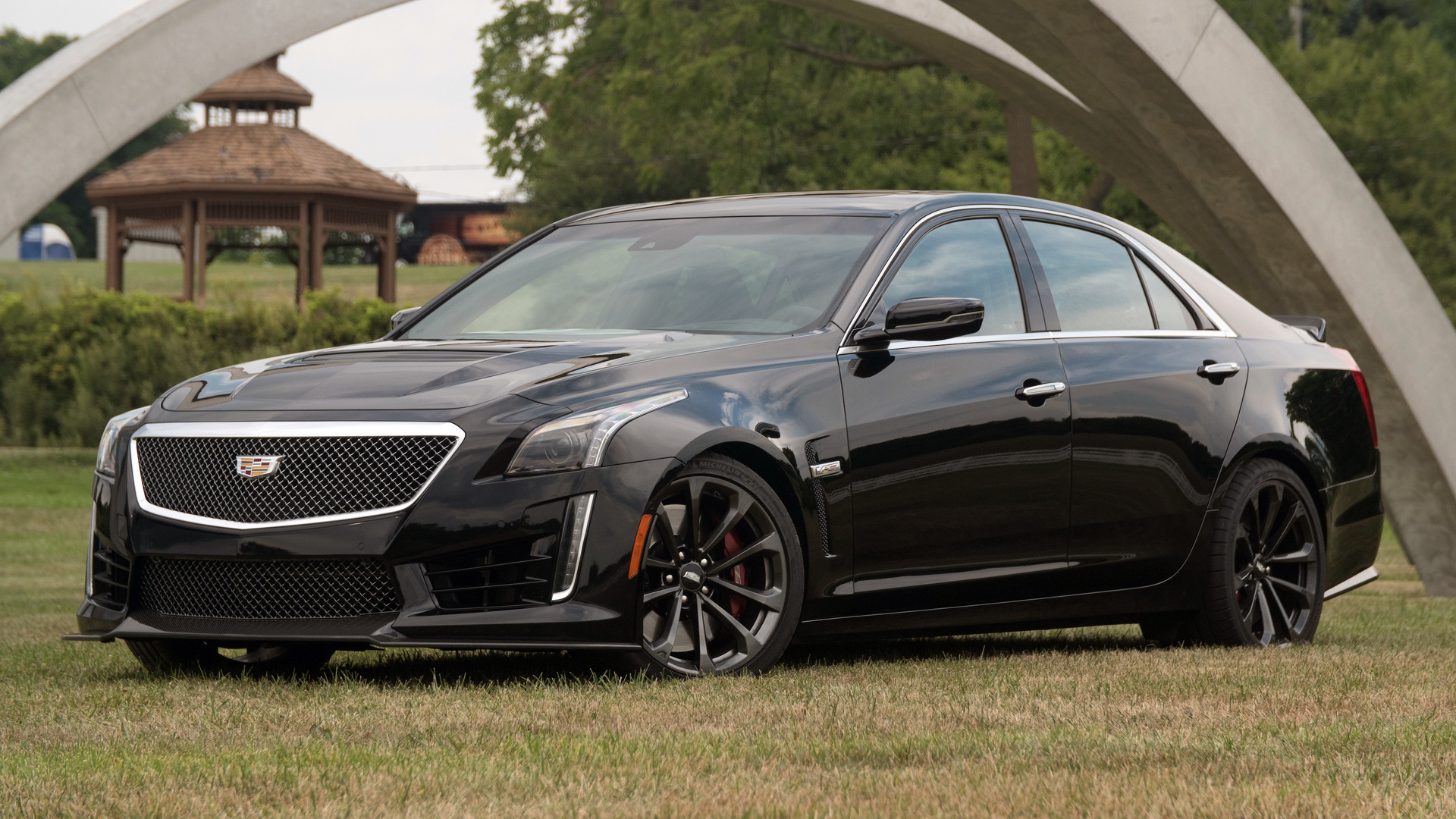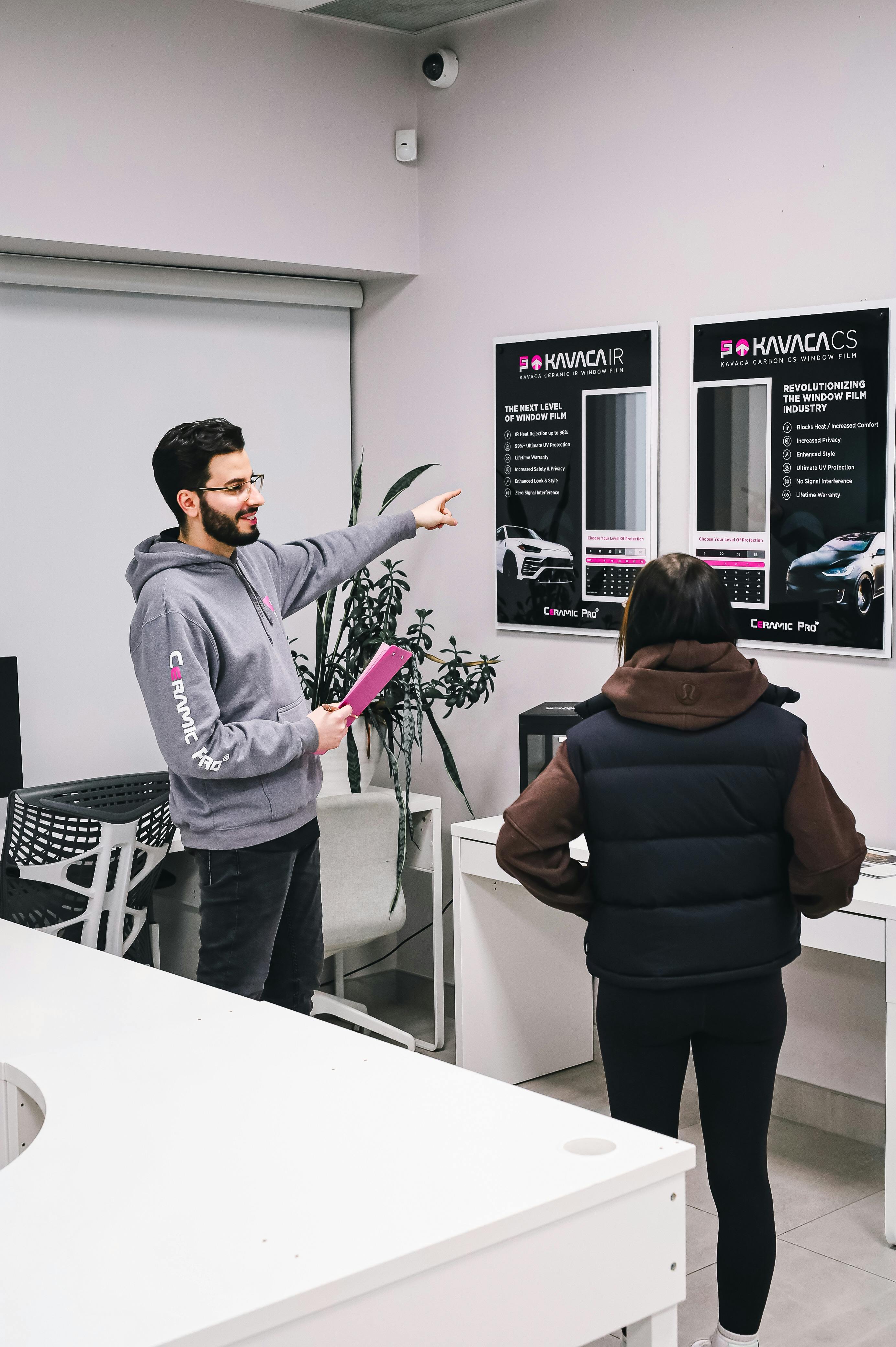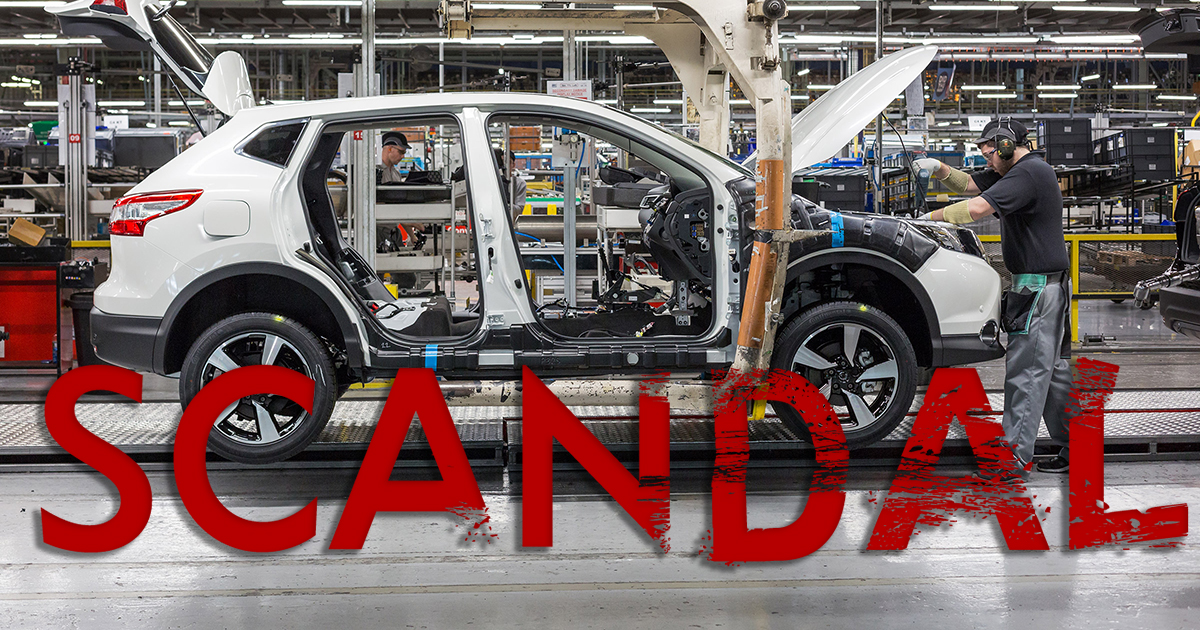Common Car Dealer Scams To Watch Out For
Getting a new car is exciting, but the last thing you want is to end up in a deal that drains your bank account. From on-the-spot financing and rejected applications to varying interest rates, shady deals can lead to regret. To avoid this, doing your research is key—here’s a list of common scams to watch out for.
Refinancing

One of the more sinister scams in car buying is when a shady salesman contacts you after the purchase with an "even better" financing deal. They might offer to lower your monthly payment, but they don’t mention that the loan term gets extended, and the APR increases, raising the total cost over time. To avoid this, research thoroughly, find a financing package you're comfortable with, and stick to it!
No Warranty Wrecked-Car

A common scam to watch out for is when a dealer tries to sell you a car that has been severely damaged but downplays or denies the extent of the wreck. If a car is being sold "as-is, no warranty," that's a major red flag, and you're better off looking at used car ads or even checking a junkyard. Always be cautious of these stickers in the Buyers Guide, and use available resources to check the car’s history and any past accidents.
Trade-In Loan Payoff

Don't fall for it if a dealer offers to pay off your existing lease or loan. Shady dealers use this tactic to lure customers into new cars, but in reality, you’ll still be responsible for paying off penalties and loans, often doubling your payments. They may also sneak in extended financing terms, leaving you paying longer than expected, hurting your credit score and putting you in a financial bind for years.
Dealer Prep Fees

The "Vehicle Prep Fee," also known as "Excessive Prep Fee" or "Make Ready Fee," is a common scam in the car sales industry. Dealers charge this fee, ranging from $400 to thousands, claiming it covers the cost of preparing the car for sale. Some dealers even apply it to used cars to boost their profits. To avoid this unnecessary fee, refuse to pay it, ensure it's not in your purchase agreement, or have the dealer cross it out or discount the car further.
Forced Third-Party Warranty

There are two common warranty scams in the car sales industry. One involves the dealer sneaking a warranty into your contract and increasing your monthly payments, while the other is when they claim a warranty is "required by the bank" or for financing. Both are illegal, so be sure to ask questions, call out suspicious claims, or say you’ll run the terms by a lawyer. These scams aim to trick customers into buying service contracts, increasing fees and locking them into unwanted terms. Always double-check if a warranty is truly included at no extra cost.
"Online Lenders Are A Scam"

Online pre-approvals are common; you can get blank checks from online lenders after thorough research. However, some dealers may dismiss your pre-approval, claiming it’s illegitimate and pushing their own loan with a higher APR. If this happens, it’s best to walk away and shop elsewhere.
Co-signer

Getting a car often requires a loan, and dealers may suggest a co-signer to help with approval. They don't mention that the co-signer becomes the sole buyer, leaving them responsible for the loan if you fail to pay, which can damage their credit and strain your relationship. You won't build any credit since you're not part of the transaction.
Trade-In Value

When trading in a car for a new vehicle, selling privately's usually better than trading with a dealer. Dealers may undervalue your car; without experience, you could fall for it. To get a fair deal, research negotiation tactics, estimate your trade-in value online, and consider making minor repairs to increase its worth.
"Crappy Credit"

Finance managers may trick unsuspecting buyers who don't know their credit score into believing it's lower than it is, leading to higher interest rates. The higher your credit score, the lower your interest rate should be, but shady dealerships can exploit this to charge more. Those with good credit should be cautious, as these scams target everyone.
Lost Financing

On-the-spot financing is tricky and puts you at risk for shady business practices. You could be subject to a phone call from your dealer a few weeks later saying your application has been rejected. This tactic allows the dealer to issue a higher APR because you 'missed out on the original rate' due to an application that 'did not go through.'
There's no excuse for not knowing your credit score before heading to the dealership, as free services are available to check it. If your score is below 680 and you're offered a lower rate, you might be falling into a financing scam. Doing your research on deceptive sales tactics will save you money and help you avoid shady dealerships, ensuring you find one with integrity and trustworthy service.







